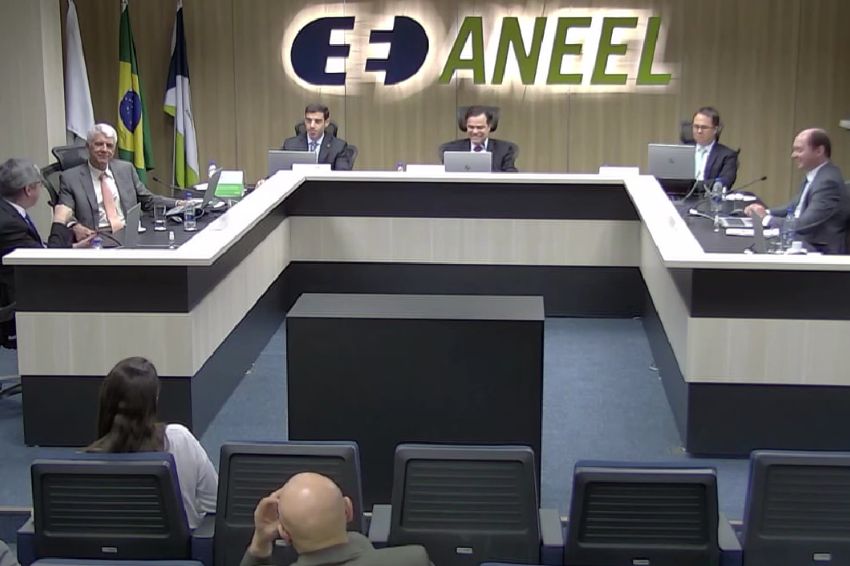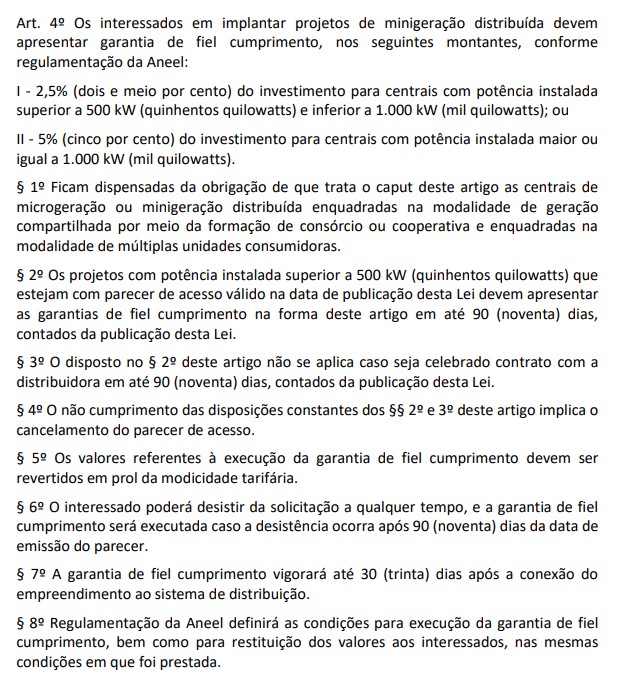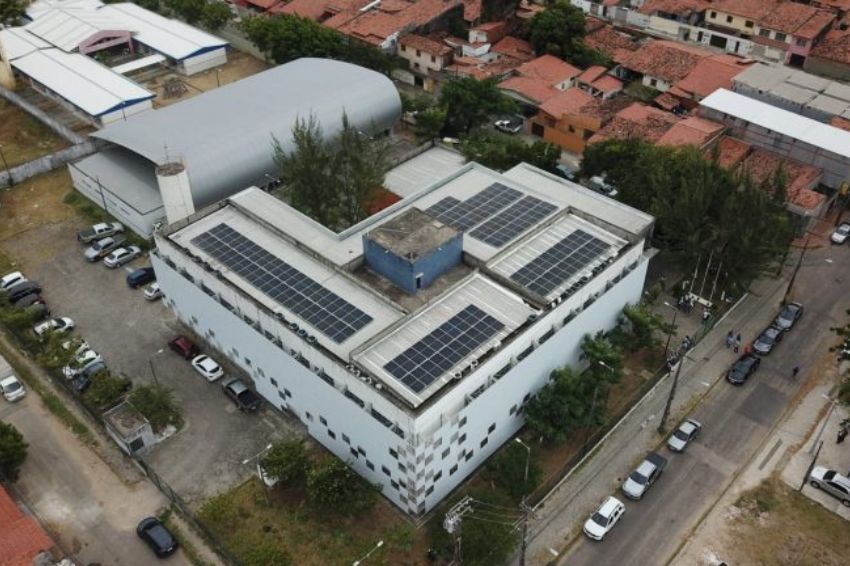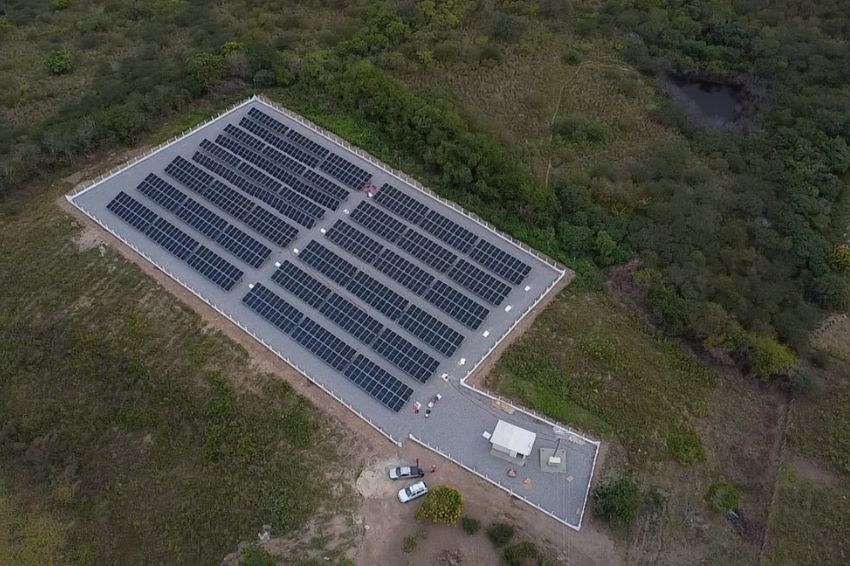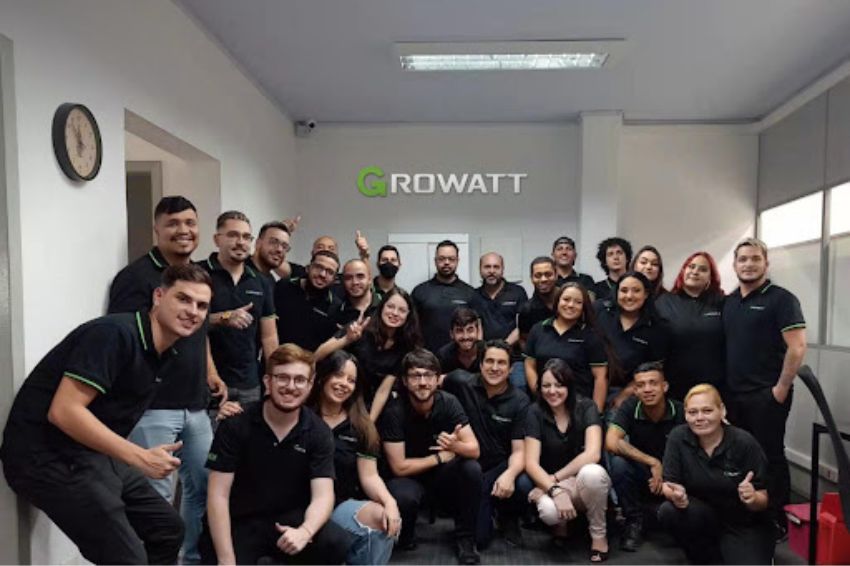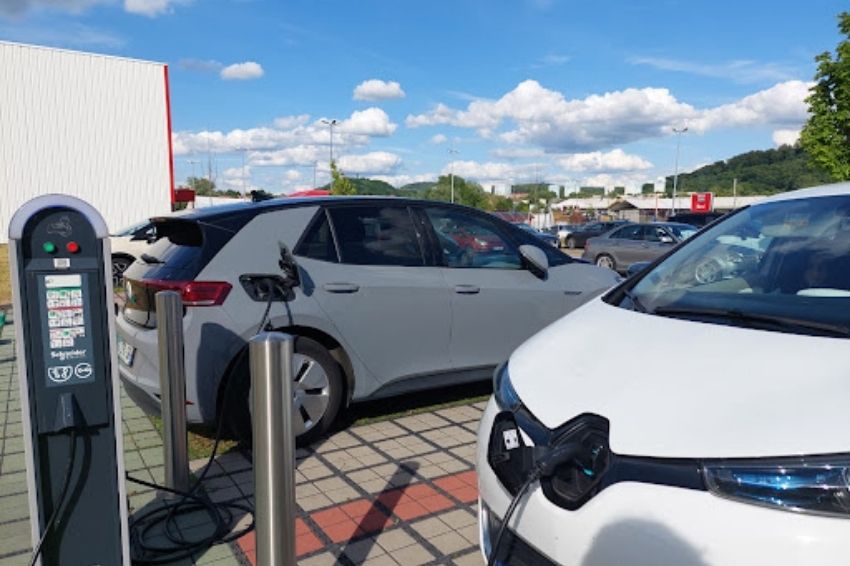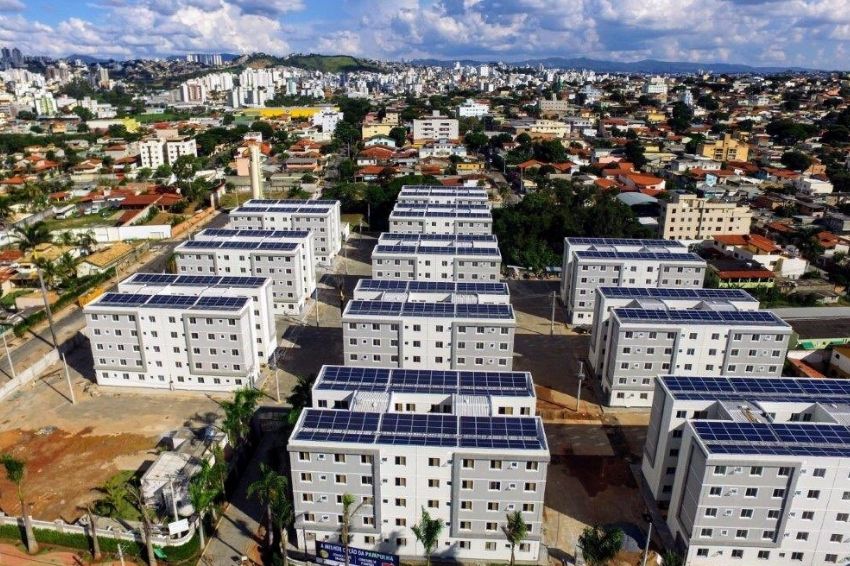ANEEL (National Electric Energy Agency) will discuss next Tuesday (20) the proposal to open a Public Consultation that aims to gather subsidies and additional information to improve the proposed regulation of the economic aspects of Law No. 14,300/2022.
The topic is based on 35th Ordinary Public Meeting of the Board of Directors of 2022. The responsible area is the SGT (Tariff Management Superintendence) and is reported by Giácomo Francisco Bassi Almeida.
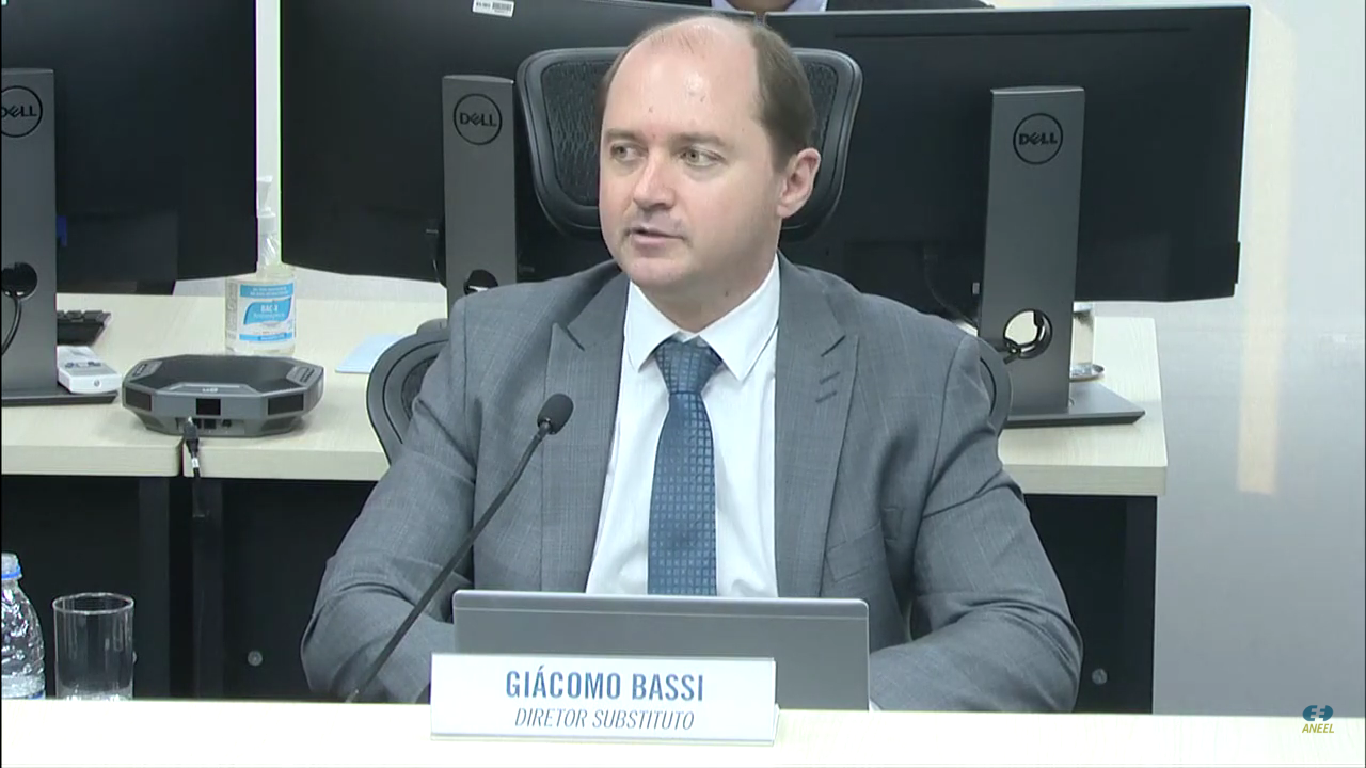
A draft of ANEEL Technical Note 041/2022, available on the Agency's website, deals essentially with rules applicable to distributed micro and minigeneration and SCEE (Electric Energy Compensation System), matters currently regulated in Resolution 482/2012 and which are provided for in the Law 14300/2022.
The document contains 99 pages and contains more than 300 items on various topics related to the DG (distributed generation) environment. These include the concept of dispatchable generation, forms of association for shared generation, connection requests, energy storage and the sale of access opinions.
Topics of Technical Note 041/2022
Aiming to clarify the points raised by the Agency in this draft Technical Note, Canal Solar will bring a series of reports addressing the topics presented by ANEEL.
In this first report we will explore the following themes present in the draft available on the ANEEL website:
- Dispatchable generation;
- Generating plant division;
- Association for shared generation;
- Connection Request and Financial Responsibilities;
- Guarantee of Faithful Compliance;
- Sale of Access Opinion;
- Change of ownership.
Dispatchable generation (item IX of article 1 of Law 14,300/2022)
The first proposal for regulating the topic that ANEEL analyzes in the note is the concept of dispatchable generation. The notes are present between items 28 and 33 of NT 041/2022.
In this topic, the Agency analyzes that for the purposes of applying the SCEE, dispatchable sources are restricted to water sources, biomass, biogas, solar photovoltaic and plants with qualified cogeneration.
ANEEL also points out that in the case of photovoltaic solar sources, which are intermittent in nature, it is necessary to associate them with a battery system with a minimum storage capacity equal to 20% of the monthly generation capacity of the generating plant. This way, it will be possible to include the solar source in the list of dispatchable sources. The advantage in this case is that it will also be able to provide services to the network and thus have a better rate.
It is important to highlight that the photovoltaic solar source has an established limit of installed power of up to 3 MW, which is the same limit for non-dispatchable sources.
Another point that deserves to be highlighted is that, as set out in the sole paragraph of art. 1st and caput of art. 26 of the Law, these new installed power limits do not affect generating plants existing on the date of publication of Law No. 14,300/2022 and those that file a request for a connection quote to the distributor within 12 months after the publication of the Law. Therefore, for these cases, the limit of 5 MW remains until December 31, 2045.
Prohibition on the division of a generating plant (§2 of article 11 of Law No. 14,300/2022)
Currently, Resolution 482/2012 prohibits the division of generating plants to classify them as micro or minigeneration. Furthermore, it is the distributors' responsibility to identify such cases, and once such situations are identified, they must deny their participation in the Compensation System.
ANEEL considered that “the entrepreneur is free to make divisions according to his needs, however, such divisions cannot result in the receipt of subsidies that were created for smaller plants”.
Association for shared generation (item X of article 1 of Law No. 14300/2022)
Law No. 14,300/2022 expanded the scope of the forms of associations that can participate in the shared generation modality. In this way, it is possible to act in the shared generation modality, in addition to consortia and cooperatives, voluntary civil condominiums or buildings, or any other form of civil association, as long as it is established for this purpose.
The Agency emphasized the prohibition of energy sales within the scope of distributed generation. Furthermore, he highlighted the need for the association participating in the shared generation modality to have a CNPJ, where this CNPJ will be that of the consumer who owns the consumer unit with distributed generation.
Connection Request and Financial Responsibilities (Chapters II and III of Law 14,300/2022)
In this topic, ANEEL discusses Normative Resolution 956/2021, which deals with PRODIST () and Resolution 1,000/2021, which addresses the rules for providing the public electricity distribution service.
Considering the text of the two resolutions, the Agency analyzes the connection request for distributed micro and mini generation systems, in addition to pointing out the technical responsibility of these installations, as they cannot cause disturbances or damage to the electrical distribution system, or the other electrical installations and equipment.
Considering this last point, ANEEL assessed that, “conceptually, distributed generation connections, as they are close to the load or as close as possible to the load, can bring benefits to the system, such as reducing losses and investments in power lines. transmission when compared to centralized generation systems”.
However, the Agency considered that “when this principle is broken and there is excess distributed generation in a given location, beyond the capacity of the electrical system or market needs, technical problems may arise such as phase unbalance, increased voltage in normal conditions. permanent, damage to transformers due to constant tap changes, changes in power factor, distortions in energy quality, reduction in the useful life of assets, inversion of power flow in distribution transformers, among others.”
In view of these analyses, ANEEL proposes the following conditions for Brazilian consumers, which must be offered by distributors:
- a) connection at a voltage level different from that provided for in item I of the caput of art. 23, presenting what the alternatives would be;
- b) limitation of energy injection, informing the maximum permissible that will be recognized for the purposes of the SCEE, which must be agreed in the contract;
- c) limitation or interruption of energy injection on pre-established days and times or dynamically, informing what will be recognized for the purposes of the SCEE, which must be agreed in the contract and in the operating agreement, exclusively in the case of distributed minigeneration;
- d) changing the connection point, presenting what the alternative for connection would be, exclusively in the case of distributed minigeneration in the remote self-consumption or shared generation modalities; or
- e) use of functionalities in network interface devices that ensure that impacts arising from generation do not cause the problems mentioned.
ANEEL highlighted that alternatives “c” and “d” will be applied exclusively to distributed minigeneration.
The Agency also brings other proposals to improve Resolutions 956/2021 and 1,000/2021. See the table below.
| Law 14,300/2022 | Proposal |
| concomitant access to load and generation (art. 2, §2); | Inclusion of §5 in art. 64 of REN 1,000/2021, to reinforce that the distributor must prepare a single connection budget for the connection of a consumer unit with microgeneration or distributed minigeneration, simultaneously contemplating the connection of load and generation. |
| need for a standard form for connection request (art. 2, 3) | Replacement of the standard forms in Module 3 of PRODIST with the two forms discussed in the final proposal of CP No. 25/2019, being: one for the estimated budget request (access consultation) and the other for the connection budget request (request for access). The form models are now approved through a ratifying resolution, and are no longer annexes to Module 3 |
| 30-day period to regularize problems or documents in consumer responsibility studies (art. 2, §4) | Device without the need for regulation, considering that as of REN nº 1,000/2021, all studies became the responsibility of the distributor, as per the wording of art. 73. Subject discussed in the Regulatory Impact Analysis Report – AIR 3/2021 and contained in process 48500.005218/2020-06, available as a result of Public Consultation No. 18/2021, on the ANEEL website. In fact, the Law does not oblige the consumer to carry out studies, but creates a deadline for regularization if studies are carried out under their responsibility, which no longer exists under current regulations. |
| possibility of withdrawing the connection request (art. 4, §6) | The right to withdraw from the connection process within 90 days of issuing the connection quote without executing the guarantee of faithful compliance creates, for the distributor and other consumers of the concession, a risk when there is a need to carry out works for the fulfillment of the request. To mitigate this risk, the proposal contemplates the possibility of the distributor suspending the execution deadlines for the works for a period of 90 days, during this period in which the consumer can exercise his right. This only applies to cases in which it is necessary to present a guarantee of faithful compliance. In case of suspension, the consumer must be informed by the distributor. This improvement will be carried out through §7 in art. 89 |
| payment of financial participation (art. 8, 1 and 6) | To calculate the financial participation, the proposal provides for the maintenance of the provisions of REN 1,000/2021, in particular arts. 98, 106, 109. In order to facilitate and simplify the calculation of the proportionalization of financial participation, an adjustment to art. 108, §1 of REN 1,000/2021, given the current difficulty in operationalizing the identification of the individual capacity reserve of budget items, which is worsened by the connection of microgeneration and distributed minigeneration. The exemption from paying the financial participation created for microgeneration distributed by art. 8th, §6th of Law 14,300/2022 will be carried out by amending the sole paragraph of art. 106 of REN 1,000/2021, in order to remove the exception currently provided for “shared generation”. |
| costs and minimum global cost criterion (art. 8, §1 and 2) | Devices without the need for regulation, considering that they are already provided for in arts. 72, VII, 79 and 98 of REN 1,000/2021. |
| option for larger works (art. 8, 3) | The proposal includes the insertion of §3 in art. 100 of REN 1,000/2021, as in the current wording this article only applies in cases where the distributor opts for larger works, and art. 8th, §3rd of Law No. 14,300/2022 refers to both the distributor's and the consumer's option. |
| option for different voltage (art. 8, 7) | The proposal includes the new §3 of art. 100 of REN 1,000/2021, the obligation for the consumer to bear additional costs when choosing a voltage other than the standardized one, which is expressly provided for in art. 8th, §7th of Law No. 14,300/2022. It will also be necessary to change art. 98, §2 of REN 1,000/2021, which currently provides that the consumer does not pay if they choose a voltage other than the standardized one. Therefore, depending on the legal command, this new rule will apply exclusively to microgeneration and distributed minigeneration. |
ANEEL also proposes the improvement of Annex 3 of Resolution 956/2021 and Normative Resolution No. 1,000/2021 in accordance with the final text discussed in CP No. 25/2019, highlighting the following points:
- Inclusion of the possibility of canceling the connection budget before the end of the validity period (art. 83, §7 of REN 1,000/2021);
- Inclusion of the possibility of connecting the DG to a lower number of phases than the load (item 11 of Module 3 of PRODIST);
- New interface requirements table (table 1 of PRODIST Module 3);
- New protection table (table 1-A of PRODIST Module 3);
- Detail of standards for inverter testing/acceptance of power electronic converters (new items 12.1 to 12.5 of Module 3 of PRODIST).
Guarantee of Faithful Compliance (art. 4 of Law No. 14300/2022)
Law 14,300/2022 introduces as a novelty the obligation to present a guarantee of faithful compliance for consumers who intend to install minigeneration plants based on a certain power (see image below).
The Agency brought an example to clarify this point: a new 600 kW plant would be subject to the payment of a Faithful Compliance Guarantee in the amount of 2.5% of the investment (600 kW in the connection process). On the other hand, an existing 600 kW plant requesting expansion to 1,000 kW would be exempt from the GFC, given that the amount to be connected (400 kW) would be less than 500 kW.
Sale of Access Opinion (art. 6 of Law No. 14,300/2022)
The commercialization of access opinions was explicitly prohibited in art. 6th of Law 14,300/2022. When commenting on this matter, the Agency reported that the commercialization of access opinions has been recurring and intensified in recent years, especially in regions more saturated with distributed generation.
Also according to ANEEL, in Minas Gerais there were agents who requested numerous access opinions without subsequently implementing the connection. “Many of these agents were not interested, legitimately, in the search for better connection points to implement their projects, but rather in identifying these points to sell the connection right to third parties”, stated ANEEL.
According to the Agency, this type of conduct results in unnecessary costs, in addition to harming investors who have a real interest in installing generating plants, since “as the requests remain in a “queue”, it is necessary to wait for the expiration date of the opinions of access already issued to give a chance to investors who actually want to connect”.
Change of ownership (article 5 of Law No. 14,300/2022)
The art. 5th of Law 14,300/2022 deals with the change of ownership in the implementation of a microgeneration and distributed minigeneration plant and determines the moment in which the new owner begins to participate in the electricity compensation system.
According to this article, the transfer of corporate control before requesting an inspection is prohibited. However, ANEEL does not govern consumer corporate rules and for this reason does not make any proposal for this item in Technical Note 041/2022.
But the Agency points out that considering that the exchange of corporate control represents the use of a subsidy in an irregular manner, “it is proposed that the connection budget lose validity if this exchange takes place prior to the approval of the inspection, under penalty of application of the procedures proposed in item III.19 of the Technical Note in case of violation of this rule.


